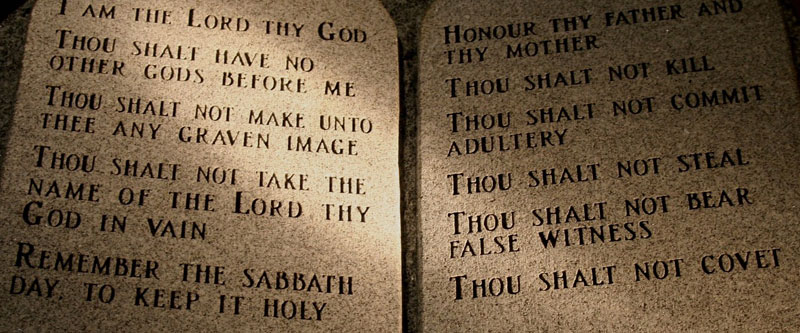
One of the great weaknesses I observe in today’s North American church is the failure to recognize the authority of Scripture. Certainly, branches of all stripes within the Christ’s church acknowledge the importance of the Bible. However, on more than one occasion as of late I have observed churches, pastors, and individual members shape the Bible to their own convictions rather than have their convictions shaped by the word of God.
The European protestant reformation of the 16thcentury re-established the principle of Sola Scriptura, or Scripture alone as our guide and authority. Man’s opinion, whether he is pope or not, should never be placed on par with the Bible. However, there is a quiet pragmatism creeping into North American churches which measures the rightness of an action by man’s assessment of whether or not it works. Actions are justified or condemned based on the perceived benefit they accomplish. These benefits can be made to sound very spiritual, but in the end they are subjective, dependent on the approval or disapproval of man. Herein is the problem.
The Christian individual is not the gauge of whether an action should or should not be done. Instead, the approval of any human action comes from the Lord. God, who knows all things, describes for his people how they should live. The traditional reformed theology about discerning what should be done, or not done is summarized as follows:
The descriptions of right behavior are given in the Moral Law, summarized in the 10 Commandments. Doing what the law forbids, and not doing what the law commands are both considered sin. The Westminster Shorter Catechism defines sin as: “any want of conformity unto, or transgression of, the law of God.” (WSC #14). Therefore, no matter what man’s assessment of any given situation might be, if the proposed action at any point causes you to do what the law forbids (transgression), or not do what the law commands (want, or lack of conformity), that action should not be done. One quick example:
A man attends his local team’s National Football League game on Sunday. As he sits in the stands, he takes advantage of the concessions. He goes to the game with the intention of having gospel conversations with the people in attendance. He justifies his choice because he was able to have a meaningful conversation about the Lord with several people.
Although the action may sound noble, using the authority of God’s word the football fan cannot justify his being at the game because he is sinning against the 4thcommandment. This commandment forbids all work on the Lord’s Day, unless it is of necessity, mercy, or piety. That is not to say God cannot use his sin. His motives could even be appreciated and his evangelistic zeal admired. However, the final answer must be that because his attendance is against God’s law and therefore this choice should have been ruled out. To answer otherwise would be to introduce a pragmatic element that would give man the opportunity to justify any action.
There are countless other ways in which the positive elements of the fan’s plan could have been achieved without sin against God’s law. For example, the man could have stood outside the stadium and preached the gospel, handed out tracts, or tried to engage in gospel conversations there. In this way, the man would not break God’s commandments. The right choice is always to remain within the boundaries of God’s word. When the Christian obeys God’s commandments he demonstrates love for God (John 14:15). But when the Christian disobeys God’s commandments in order to achieve a goal of his own choosing, no matter how noble he might make it sound, he has chosen to love himself rather than his Savior.





